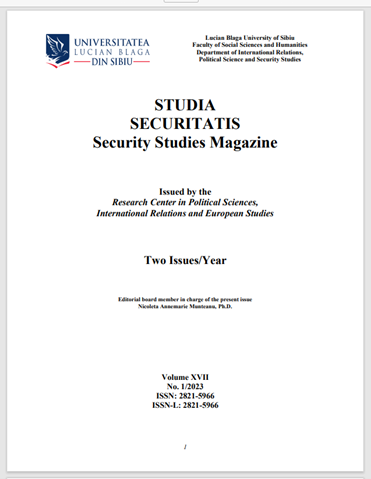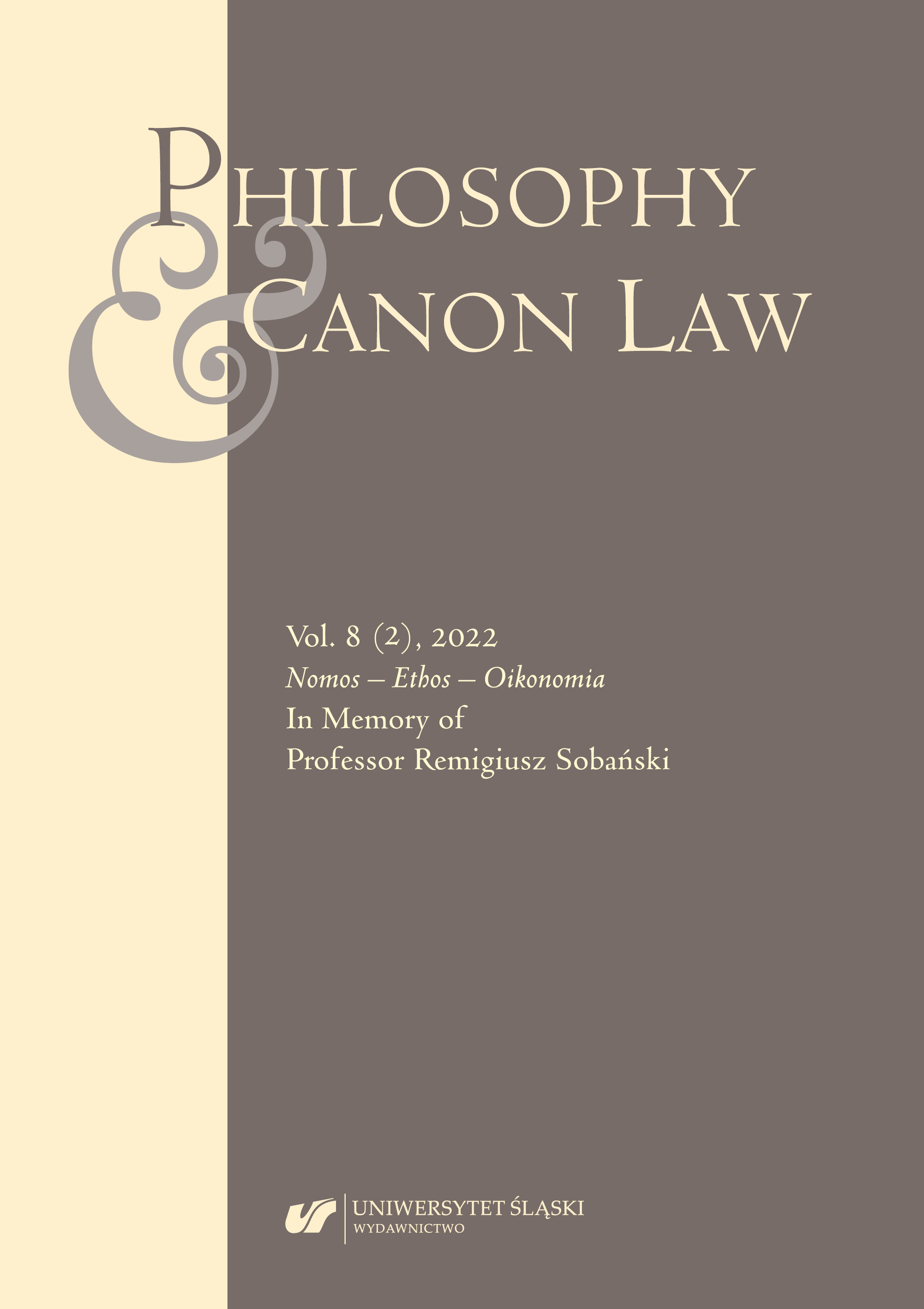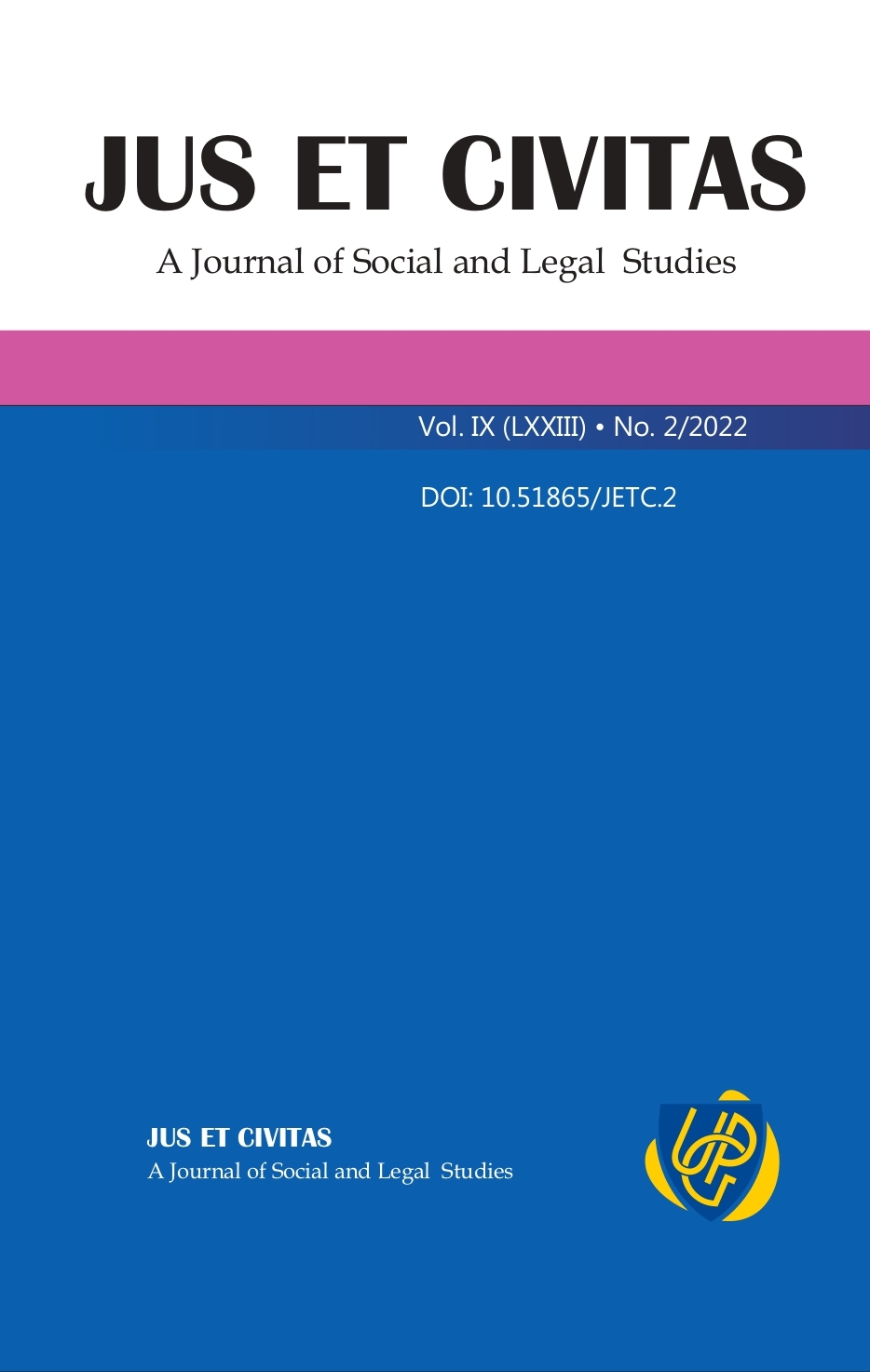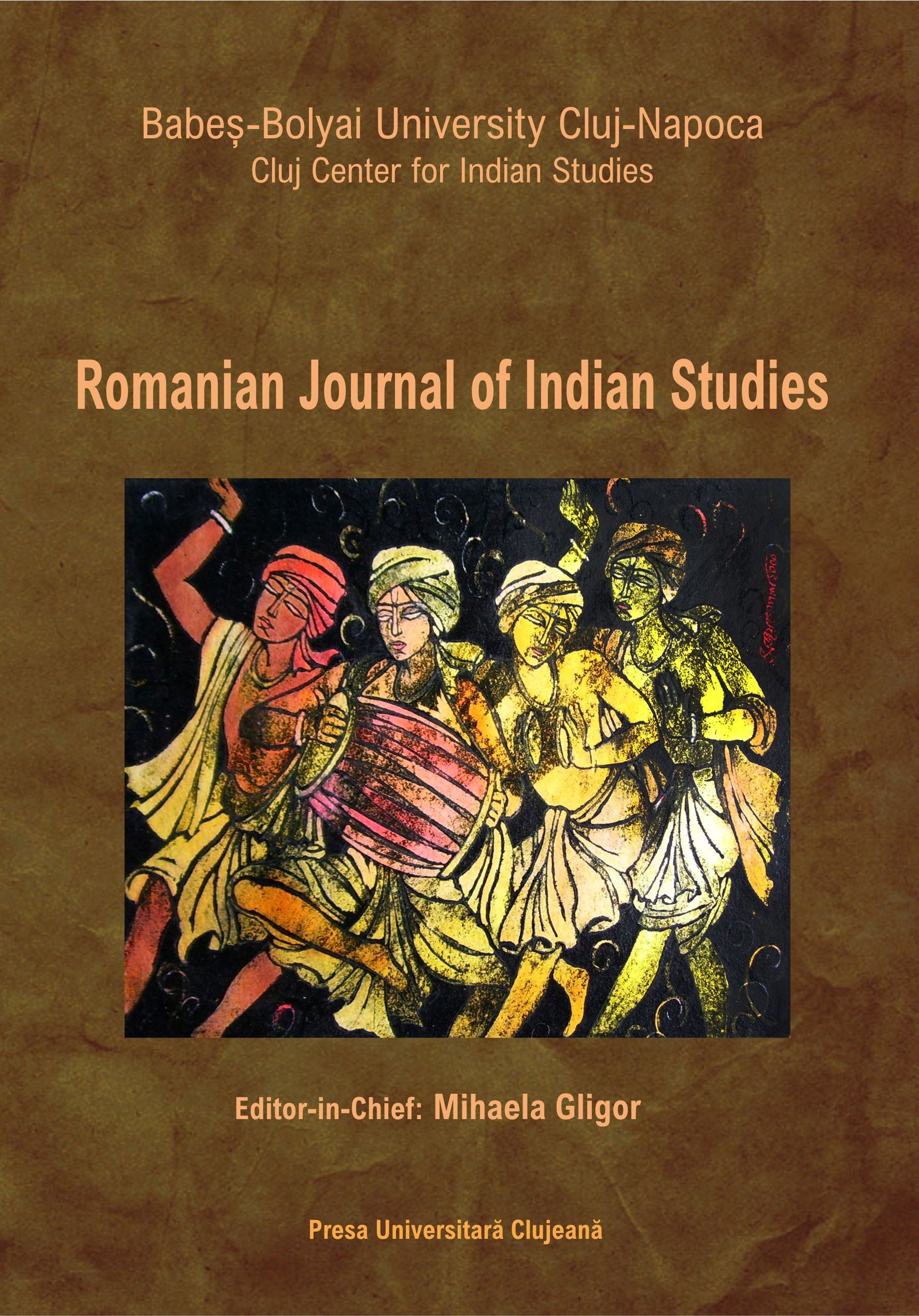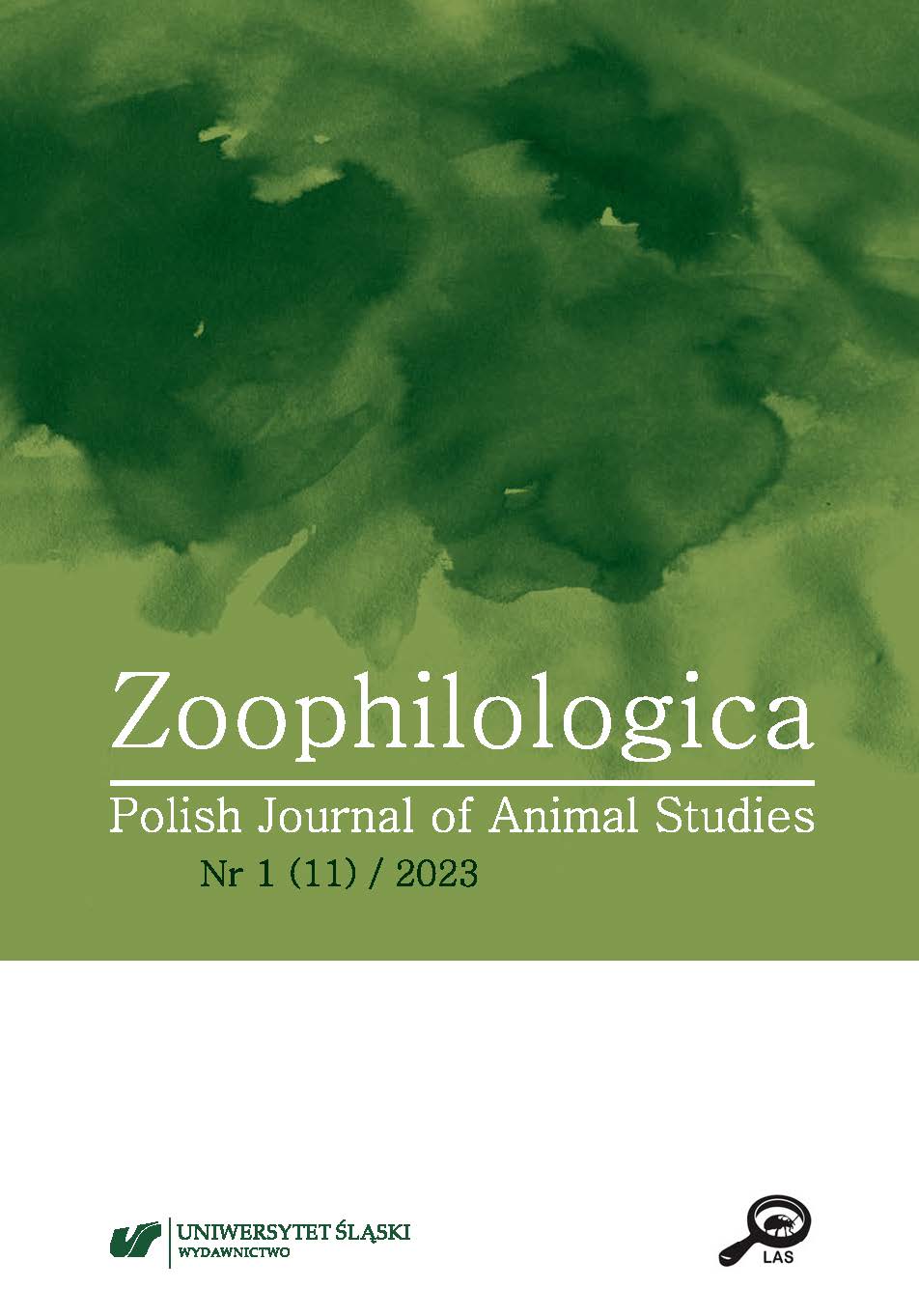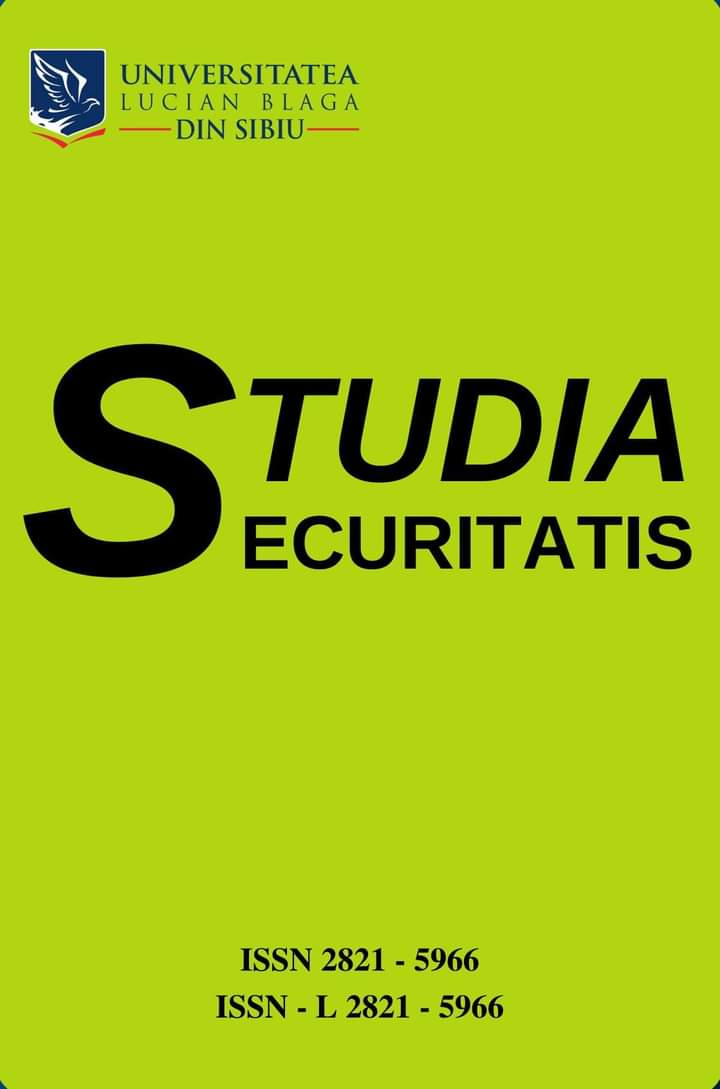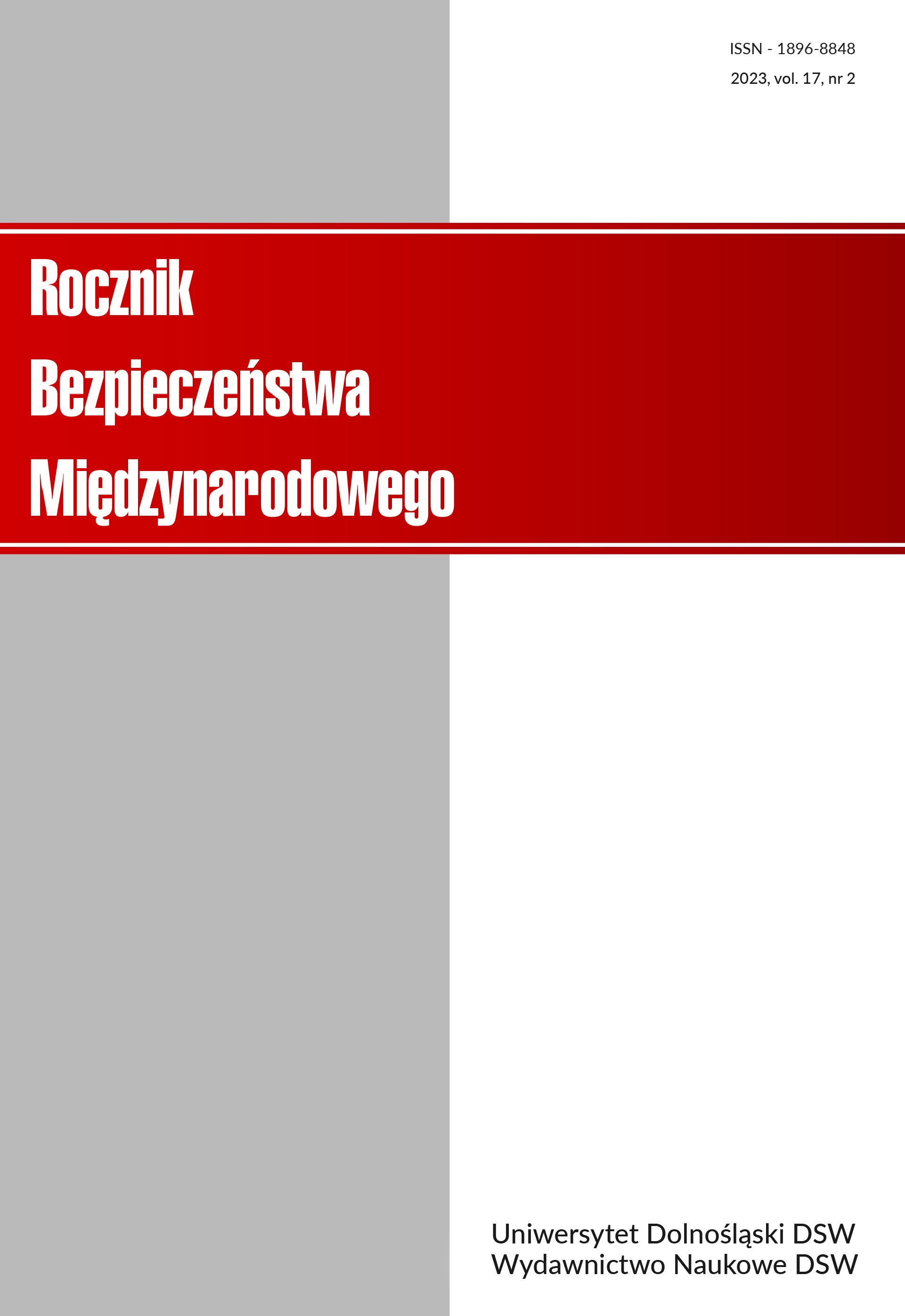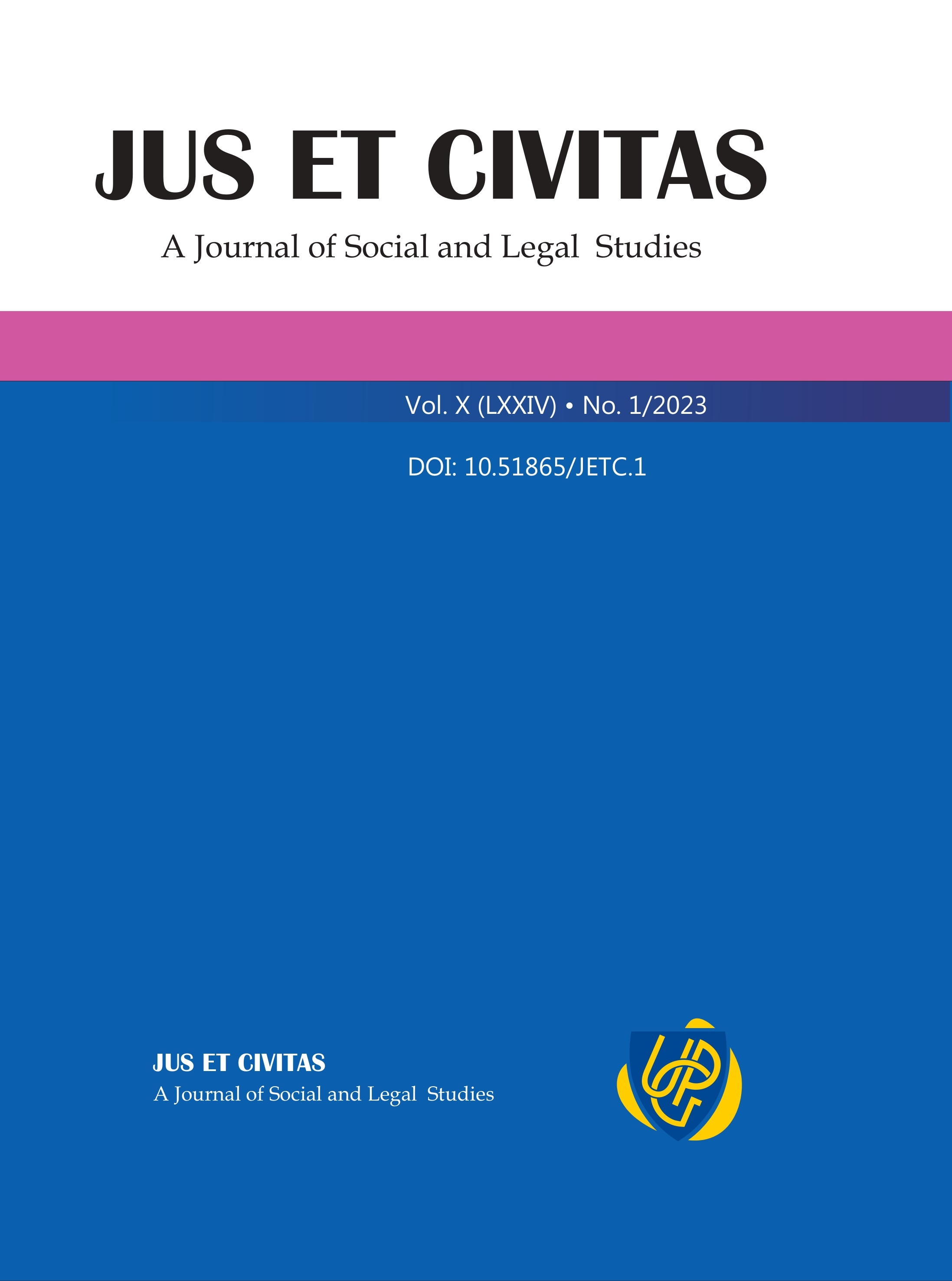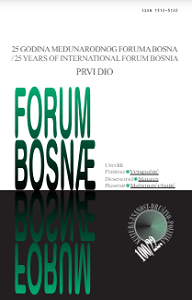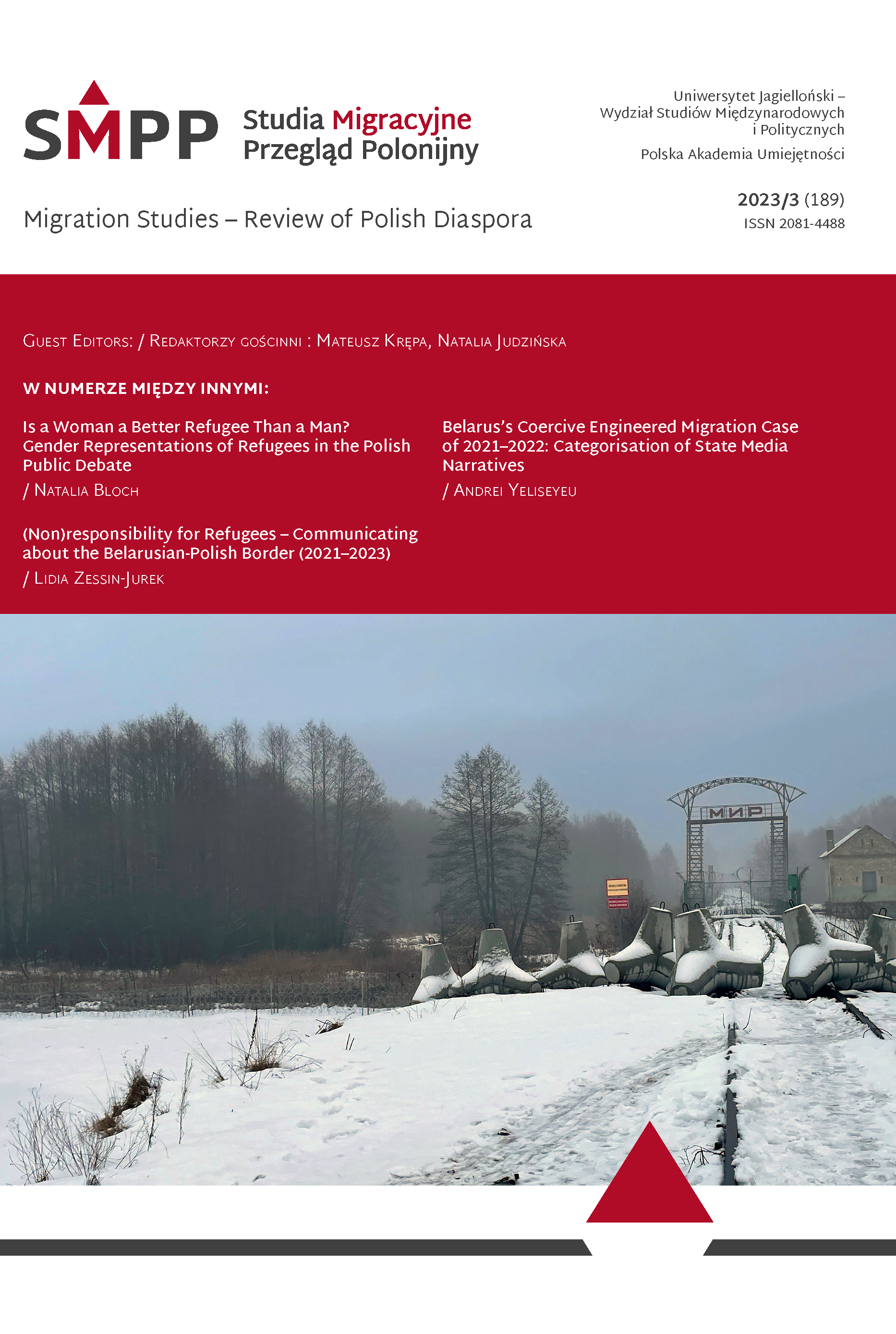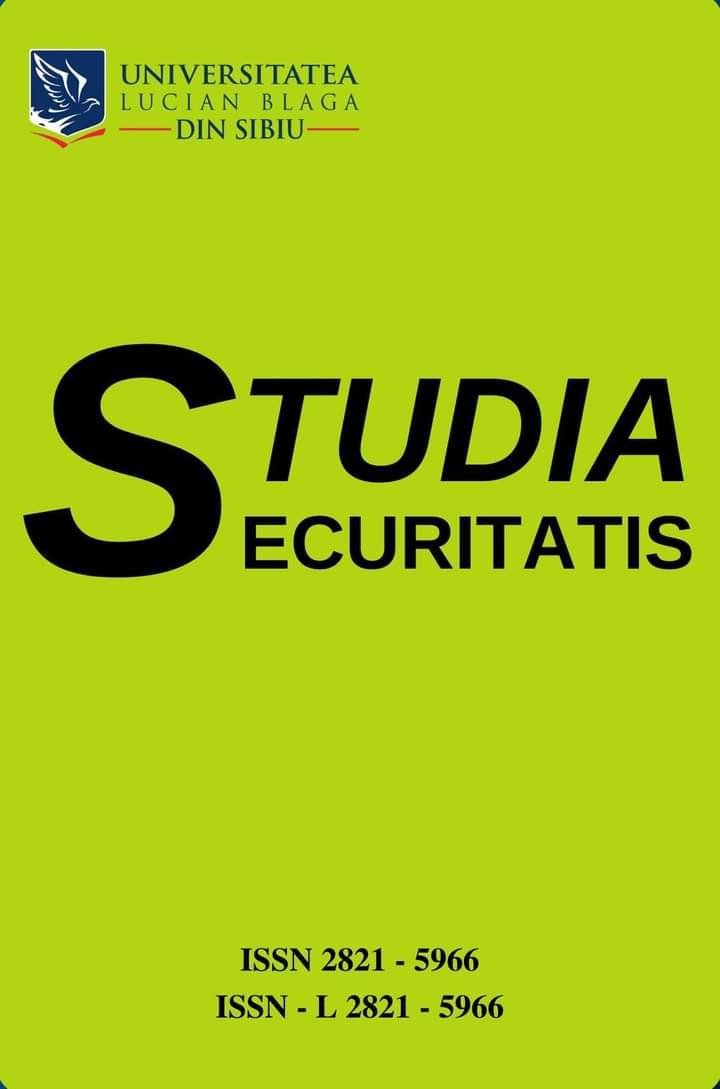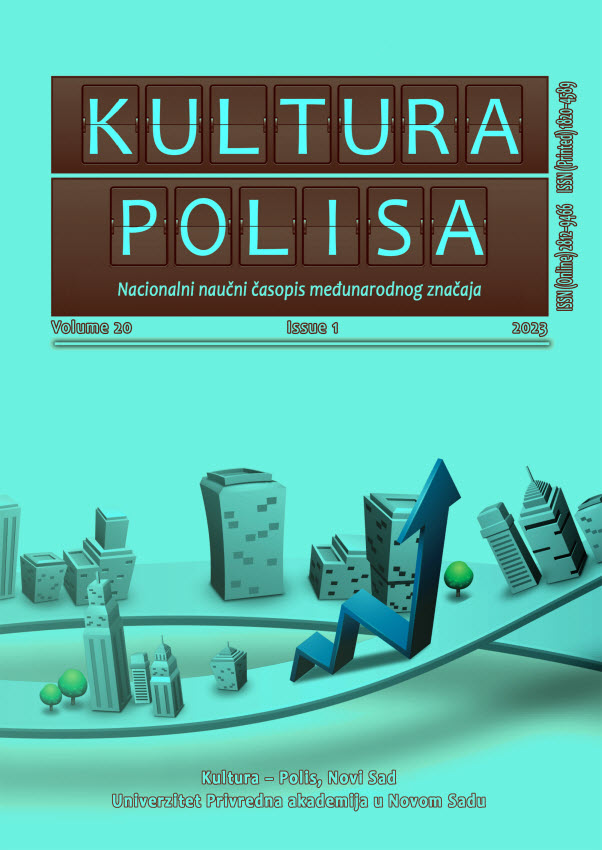
THE ATTITUDE OF MEMBERS OF CERTAIN VULNERABLE SOCIAL GROUPS TOWARDS POLICE TREATMENT
The position of vulnerable social groups is very specific for several reasons, primarily due to the treatment by society. The aim of this paper is to examine, from the perspective of those who report security events, the relationship that the police establish towards national minorities, displaced persons, socially vulnerable persons, women and persons with disabilities, as the most numerous categories of socially vulnerable groups. For this reason, special attention is paid in the work to their attitude towards police officers in situations of handling their incident reports. Their relationship is even more complex if viewed through the prism of the influence of the police subculture on the behavior and treatment of police officers towards members of vulnerable social groups. In those situations, the police is expected to react non-discriminatory and act in accordance with prescribed legal norms, bearing in mind the specific position that members of vulnerable groups have in the social community. In order to assess the attitude of vulnerable groups towards the police and to improve their efficiency in dealing with the police, a survey was conducted with the application of the survey technique using a stratified sample.
More...
